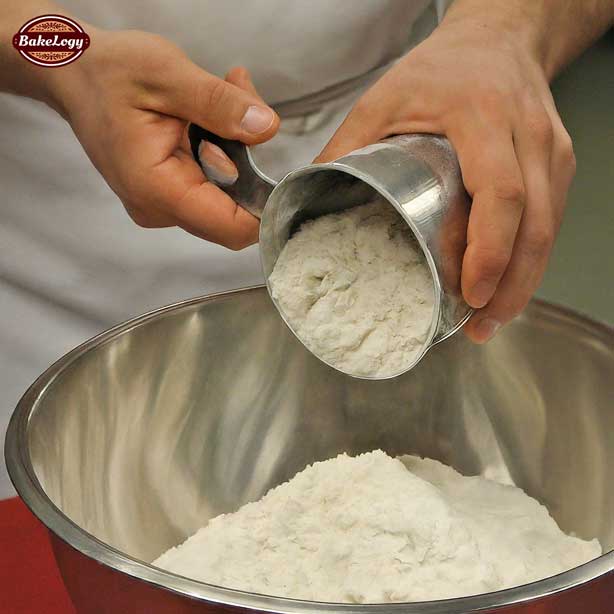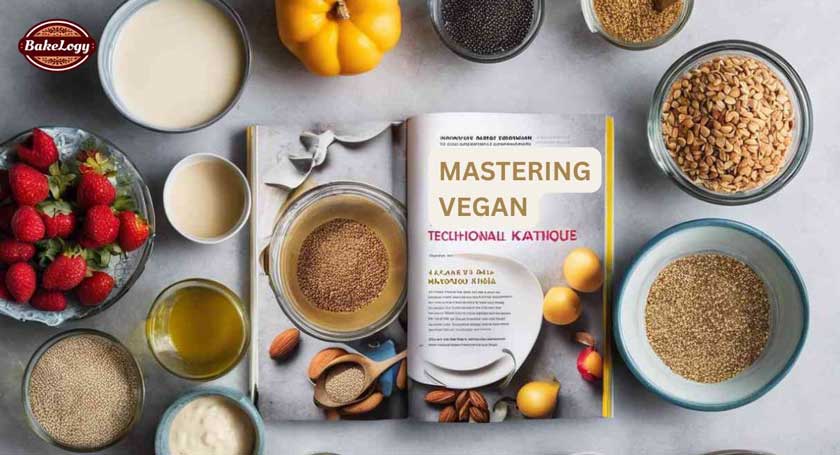Baking is an art that tantalizes the senses, fills homes with warmth, and brings people together over delicious treats. But have you ever wondered what goes on behind the scenes in a bakery? The life of a baker is far more than just mixing ingredients and popping things into the oven. It’s a world of early mornings, precise measurements, creativity, and an unwavering passion for the craft. Let’s dive into a day in the life of a baker and explore what it truly takes to turn simple ingredients into mouthwatering delights.
The Early Start: Before the Sun Rises
A baker’s day starts long before the sun rises, often at 3 or 4 AM. This early start ensures that freshly baked goods are ready and waiting for customers the moment the doors open.
Prepping the Bakery: Setting the Stage
As the bakery comes to life in the early hours, the first task is to prepare the workspace. This includes cleaning surfaces, organizing ingredients, and preheating ovens. Bakers work quickly to ensure that everything is ready for the day’s production. The smell of yeast, flour, and sugar fills the air as the day’s doughs are mixed, kneaded, and left to rise.
The Art of Dough Making: Where Science Meets Creativity
Dough making is one of the most crucial aspects of baking. Whether it’s bread, pastries, or cakes, the quality of the dough determines the final product. Bakers must have a deep understanding of ingredients, such as flour types, yeast, and how they react under different conditions. This is where the science of baking meets the creativity of the baker.

The Baking Process: Precision and Timing
Once the doughs are prepared, the baking process begins. This stage requires precision and attention to detail. Ovens must be at the right temperature, and baking times must be carefully monitored. A few minutes too long, and a loaf of bread can become dry or burnt. Too short, and it could be undercooked.
The Magic of Proofing: Giving Dough Time to Rise
Proofing is a critical step where the dough is allowed to rise before baking. This process gives bread its light, airy texture and enhances the flavor. Depending on the type of bread or pastry, proofing can take anywhere from a few minutes to several hours. Bakers must be patient and attentive during this phase, as the perfect proof can make or break a product.
Creativity in Action: Decorating and Finishing Touches
After the baking process, the next step is often the most creative and visually satisfying: decorating. Whether it’s frosting a cake, glazing a pastry, or adding toppings to bread, this stage allows bakers to express their artistic flair. Every swirl of frosting, every dusting of powdered sugar, and every carefully placed decoration contributes to the final presentation.
The Importance of Aesthetics: First Impressions Matter
In baking, presentation is as crucial as flavor. Eye-catching designs attract customers, and a baker’s decoration skills can make their creations stand out. For this reason, bakers dedicate as much effort to mastering decoration techniques as they do to perfecting their recipes.

The Business Side: Managing Orders and Customer Relations
Baking is not just about creating delicious treats; it’s also about running a successful business. Bakers must manage orders, ensure that they have the necessary ingredients, and often work directly with customers to fulfill special requests. This requires excellent organizational skills, communication, and a deep understanding of customer needs.
Custom Orders: Meeting Special Requests
From birthday cakes to wedding pastries, custom orders are a significant part of a baker’s day. These orders often require special attention to detail and a willingness to go the extra mile to meet customer expectations. Whether it’s a unique flavor combination or a specific decoration style, bakers must be versatile and adaptable to create exactly what the customer wants.
The End of the Day: Clean-Up and Preparation for Tomorrow
As the day comes to a close, bakers must clean up their workspace and prepare for the next day. This involves washing dishes, cleaning surfaces, and organizing ingredients for the next morning. The end of the day is also a time for reflection, reviewing what went well and what could be improved.
Continuous Improvement: The Path to Baking Mastery
Baking is a craft that requires constant learning and improvement. Every day offers a new opportunity to refine techniques, try new recipes, and push the boundaries of creativity. Bakers who are committed to their craft are always looking for ways to improve and bring even more joy to their customers.
Conclusion: The Passion Behind Every Loaf and Pastry
A day in the life of a baker is filled with hard work, dedication, and a passion for creating something special. From the early morning hours to the final touches on a beautifully decorated cake, every step in the process is a labor of love. The next time you bite into a freshly baked croissant or admire a beautifully frosted cupcake, remember the skill, creativity, and effort that went into making it. Baking is more than just a job; it’s a calling, and bakers bring that passion to life every single day.




